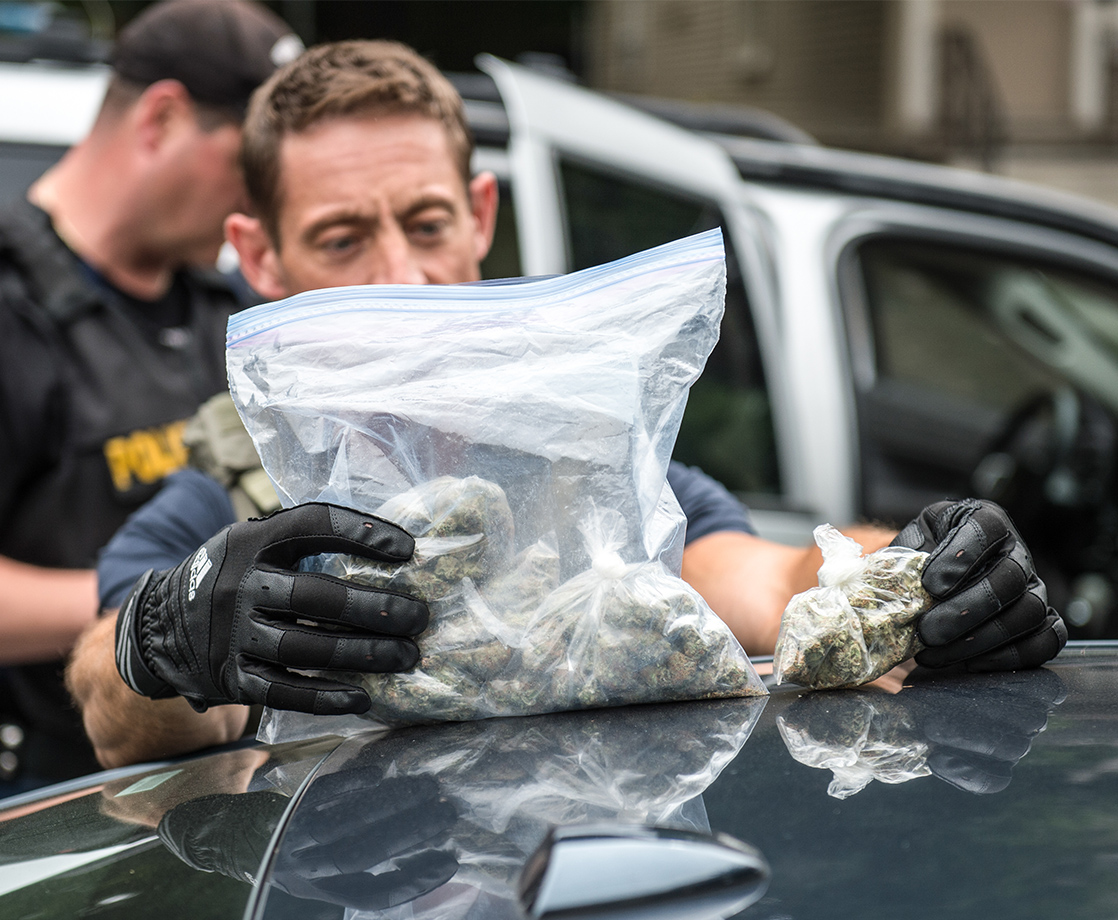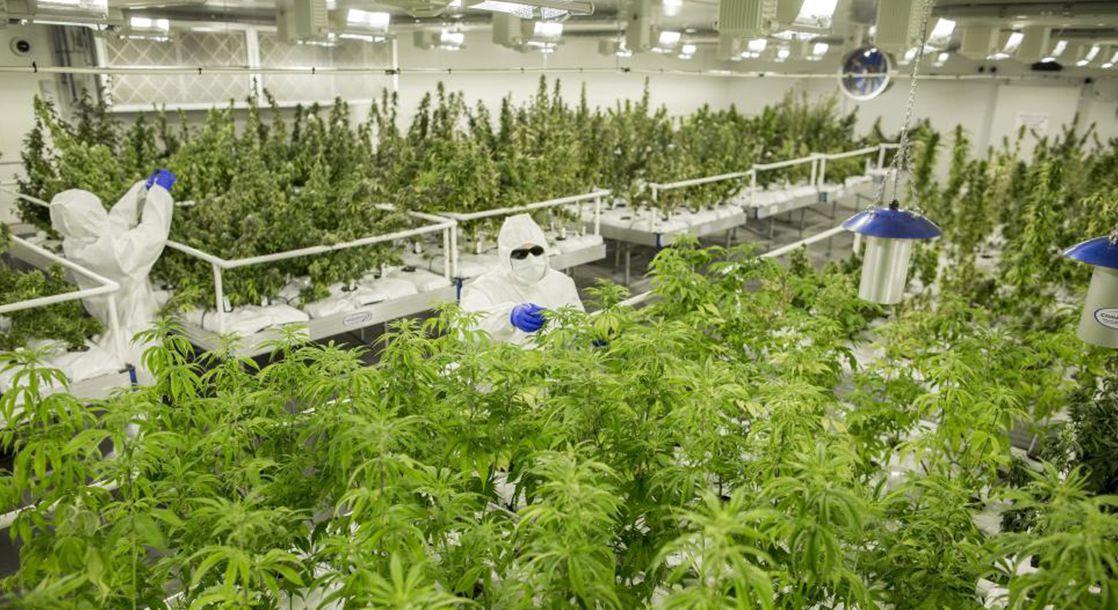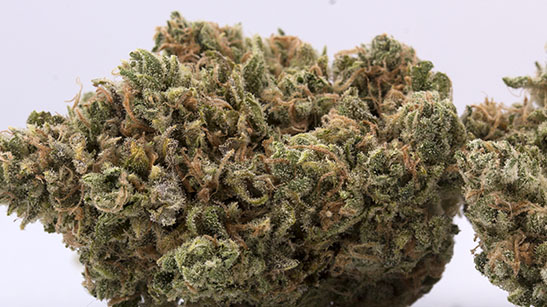Lead image via
Last year, Michigan residents voted to legalize adult-use cannabis and bring the Midwestern state into America’s rapidly growing green rush. But as state regulators face a huge backlog of legal weed business applications, and are still months away from licensing dispensaries for recreational sales, state police are hoping to make a dent in the state’s growing black market before the legal industry is even fully implemented.
According to The Detroit News, the transition from Michigan’s long-standing, loosely-regulated medical marijuana industry towards a highly-regulated, two-pronged system featuring both medical and recreational canna-businesses, has been difficult, to say the least. In addition to 150 licensed medical facilities and a slew of temporary medical license holders currently in operation, state regulators say that a vast network of illicit canna-businesses have also emerged in the months since legalization was approved.
“It’s unclear where the black market ends and where the licensed industry begins at this point,” Joe Neller, a spokesman for licensed Michigan medical marijuana business Green Peak, told Detroit News. “The state should do everything to help law enforcement understand who’s legal and licensed and who’s not.”
Now, before a gram of legal recreational pot is sold in the Wolverine State, state police are looking to draw that line in the sand, with a new enforcement effort aimed at shutting down every facet of the state’s illicit cannabis market, from growers, processors, and unlicensed dispensaries, to underground delivery services and grey market gift economy providers.
The Marijuana and Tobacco Investigations Section, the unit of the state police tasked with curtailing Michigan’s black market, has spent its first year of operation helping state regulators perform background checks on medical license applicants and enforcing a local tobacco tax. But with medical licensing all but finished and recreational background checks still months away, the police will now direct their attention towards curtailing the cannabis black market — a goal that some licensed sellers say will be necessary for the industry’s success.
“They’re stealing business that we’ve paid big annual licensing fees for,” said Stu Carter, owner and CEO of the Detroit-based licensed medical marijuana operator Utopia Gardens. “This is a big deal.”
It is not exactly clear how the Marijuana and Tobacco task force plans to track down and disrupt the state’s clandestine grow sites and delivery services. But with legalization already on the books, Detective 1st Lt. Chris Hawkins, commander for the cannabis enforcement section, told the Detroit News that he has concerns about whether or not the courts will actually prosecute black market producers and sellers, or just let them off with a slap on the wrist.
“We have to limit our efforts to where we know we can get prosecution,” Hawkins told The Detroit News. “It’s hard to imagine this system succeeding if these black market operators are allowed to continue operations.”
But for licensed businesses like Utopia Gardens, the goal isn’t to see black market operators in jail cells, as much as it is to discourage the newly-legal market being flooded with untested, untaxed, and unregulated cannabis.
“Greed works every time unless you put some laws in place,” Carter said. “I’m not asking the police to do any storm trooper breaking down the doors. I’m looking at an administrative law that would just put pressure [on bad actors].”
Follow Zach Harris on Twitter











